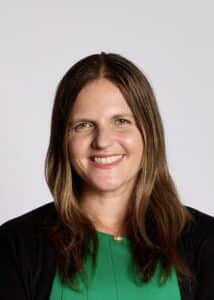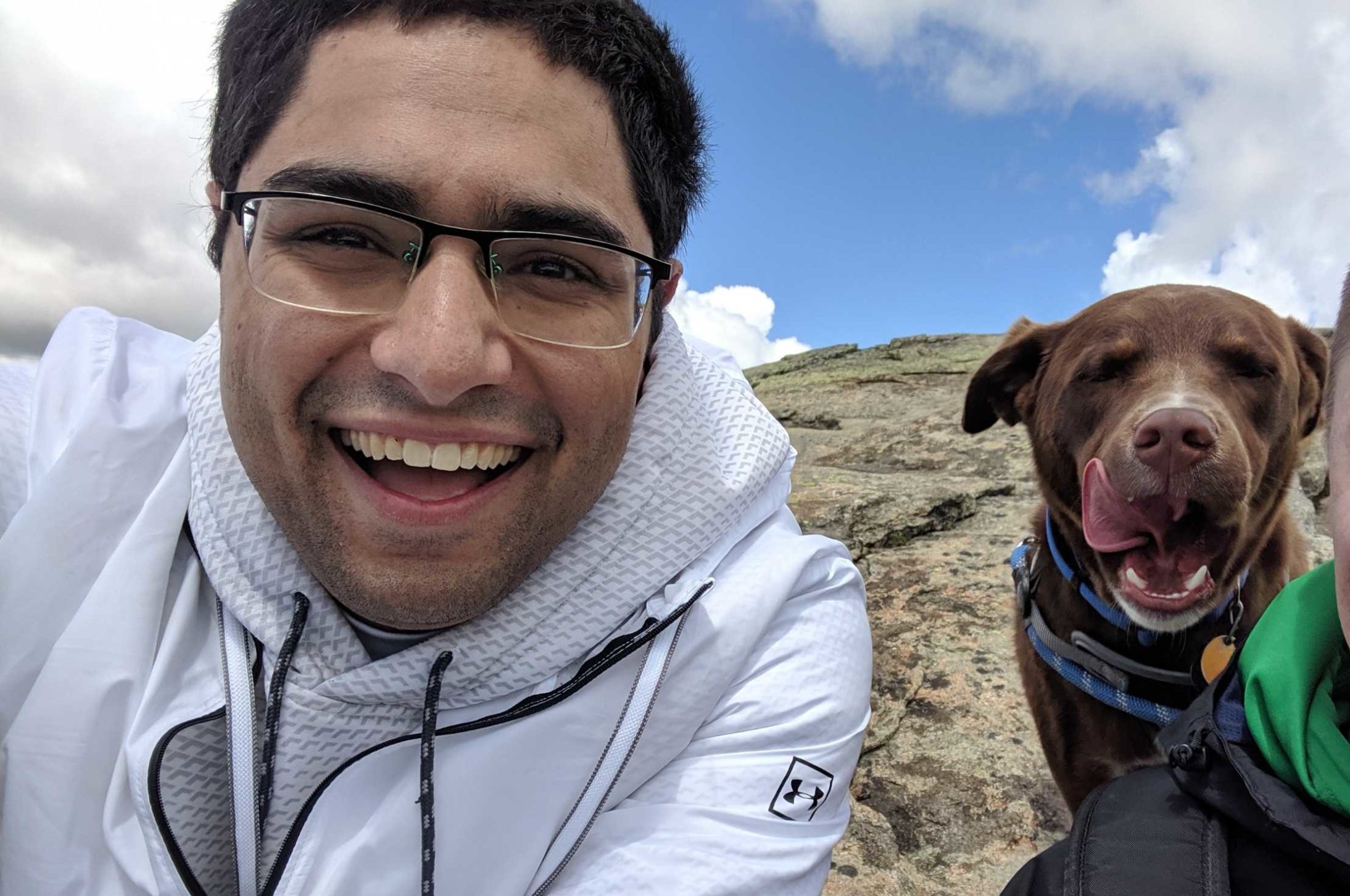As marketers, we’re storytellers for the brands we represent. York IE’s Marketer Spotlight series focuses on the individuals crafting stories, orchestrating go-to-market strategies and executing across all channels. They embody their brand, laying the groundwork for scalability. Join us as we uncover the story behind the story with the top marketers in SaaS.
Here we talk to Jen Brown, Marketing Director at Worldly.
 Everyone has a story. What’s yours?
Everyone has a story. What’s yours?
As I began my career, I was drawn to marketing roles because they gave me a way to inspire people and help them do their jobs better. I specifically looked for roles in software and technology because I was fascinated by the innovation in the industry and how transformative it would be for society. I was lucky enough to start my marketing career at Salesforce, which has an incredible marketing team. While I was at Salesforce, I had the opportunity to lead marketing for Net Zero Cloud and Salesforce’s sustainability solutions, and was immediately hooked on the sustainability software space.
What do you love about B2B marketing?
B2B marketing is all about showing how new technology will help companies grow. However, how that technology works is not always clear. B2B marketing is that bridge between the innovative technology your company is developing and the needs your audience and customers have. It’s a dynamic role because you need some expertise in what you are selling and deep empathy for your customer base. In sustainability, I get to market solutions that not only help my customers do their jobs better, but also improve the world.
How do you derive your goals for marketing? How closely are you tying with company KPIs?
Great marketing is always directly tied to company KPIs with measurable goals. I’ve been at companies that follow both the OKR and V2MOM frameworks and find them indispensable for achieving alignment throughout the company and moving quickly. For my marketing goals, I look at what the company and go-to-market (GTM) goals are and ask how we can support that with marketing goals. Prioritization is also critical: marketing may have four to six goals, but those should always be put in priority order. If you find you only have the resources to execute on your top three goals, you need to know what those top three are.
How do you reach your audience?
It really depends on which audience. When I’m trying to reach my current customer base, I’ve found that email, virtual events, and in-person events are very effective. Short, informative content combined with opportunities for customers to connect with each other and experts performs well.
For prospects or new logos, I go to where they spend their time and seek expertise. This varies by industry and role. Trade associations, publications and events are great for finding new audiences. In the sustainability space, there are a few key media and industry associations that have helped unlock access and drive new leads. People are hungry for information and guidance, so offering useful content through trusted channels is key to getting their attention. There’s always SEM, SEO and paid social media too, which I view as always-on channels that can help with engagement as people express their intent for buying the type of software I am marketing.
What’s the biggest challenge you’re facing today as a marketer, and how are you overcoming it?
The sustainability software space is relatively new. It’s not an established category, and a lot of the buyers aren’t sure what their software requirements should be. Purchase decisions for sustainability software are often made by a committee. So I need to market my products as the category shapers. We aren’t just in a software category; we are creating the category. I’ve created assets that help customers evaluate their software options and make buying decisions. I have to make product demos really crisp to show exactly how my product helps my customer and I need to enable the sales team with more expertise than usual because they are working with so many different decision-makers.
Where do you see marketing in the next year?
Marketing has to become hyper-personalized. Generic messages don’t work across multiple personas or industries. People want to feel like you are talking directly to them.
I also see marketers as becoming more empowered across more skill sets and the martech stack. Thanks to AI and new tech solutions, I can manage our website content, SEM, email marketing, blog, video editing and more, without spending years training on how those platforms operate.
How much are you using AI?
I’ve been using AI to draft content and get translation help. AI has been invaluable for ideating and drafting product naming, blog posts, event session descriptions and emails. In my current role, I’m working with companies around the world, so I also use AI to test if my names and messaging would translate well into other languages.
What else do you want other marketers to know?
Knowing your audience better than anyone else unlocks your marketing potential. I’ve built up expertise in knowing the sustainability buyer and have deep empathy for their jobs, which has made creating effective marketing messaging and campaigns much easier. I have a clearer career path now that I have an audience I understand, and it makes my job more fun since I can develop closer relationships with my customers.



